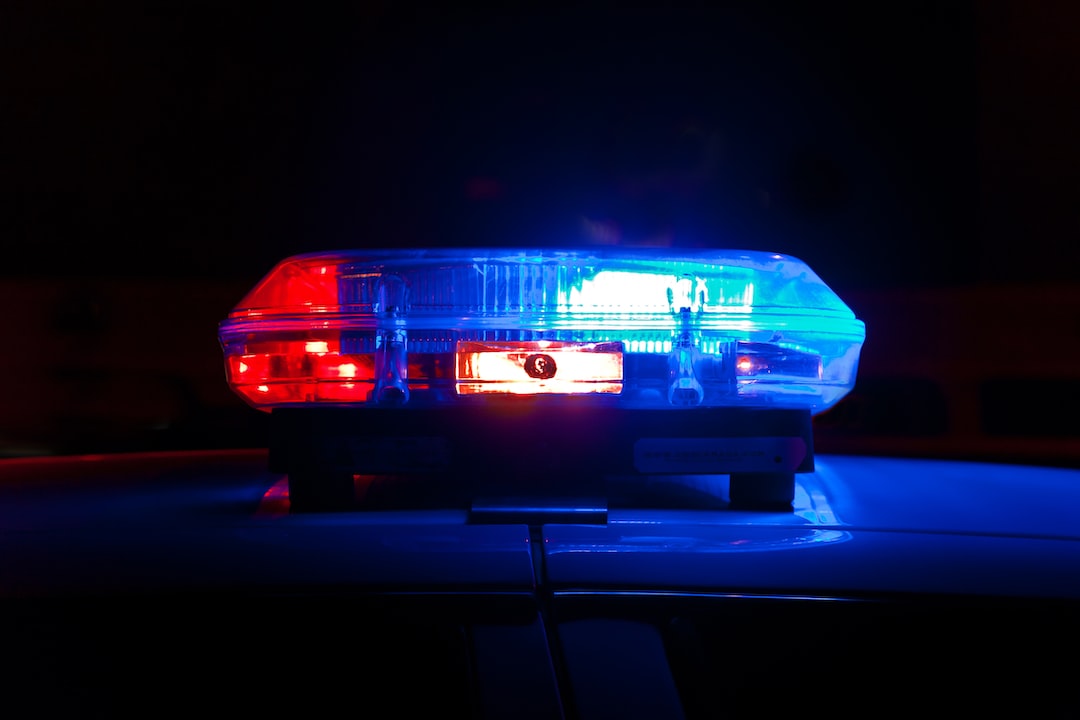Why a Body Camera is Essential for Police Officers
Body cameras are becoming standard-issue equipment for police officers. They promote professionalism, accountability, and transparency while improving the quality of evidence collected at a scene. However, these devices can also infringe on privacy if they’re used without limits. They may capture data that isn’t relevant to police accountability investigations and are potentially discoverable through local public records laws.

Recording
In the wake of high-profile police misconduct incidents, many departments are equipping officers with body cameras. These small devices clip to an officer’s uniform and record videos of their interactions with members of the public. These devices can help to reduce citizen complaints and document misconduct by officers. However, studies are mixed about whether camera use reduces force and police contact.
One concern is that police control the footage and can be manipulated to bolster narratives of events. Furthermore, officers can view the footage before they submit their reports or speak to investigators, which may encourage them to tailor their stories to match the footage. Additionally, a WatchGuard body camera can pick up sensitive information that a civilian, such as children or people in various states of undress, would not capture.
Documentation
Body cameras clip to an officer’s uniform about the size of a pager for easy access. Some models have night vision settings, immediate playback, high resolution, and encryption.
Research shows that people behave less aggressively when they know they are being recorded. They also tend to be more honest when giving statements. This can help de-escalate tense situations between officers and civilians. However, police policies on how to use and manage footage must be clear. Officers should be allowed to view their recordings before writing reports or speaking to investigators, but civilians who file complaints can’t have immediate access to the footage. This ensures both sides have the same information and can present a fair case in court.
Transparency
While body cameras can help with police oversight, providing accountability, and increasing trust, they must be deployed with policies that ensure their effectiveness. Body cameras may become another surveillance and privacy invasion tool without proper policies. When officers activate their cameras, everything between them and civilians is recorded. This allows them to account for their actions and hold others accountable for alleged misconduct. However, it’s also crucial to remember that body camera footage is only one person’s point of view.
Accountability
The fact that police body cameras are recording every interaction means that if any misconduct takes place, officers can be held accountable. It also prevents people from making false allegations against officers, as the footage can be viewed as evidence. However, police departments must have clear policies regarding how the recorded data will be used. Criminal prosecutors, defense attorneys, and other agencies must be allowed to access recordings that are relevant to their inquiry. In addition, the recordings must be stored within a certain period for transparency. Furthermore, police departments should consider whether they must notify people that their interactions are being recorded. This may deter some citizens from cooperating with officers if they know they are being recorded.
Evidence
Body cameras are a useful tool for collecting evidence. They help officers track what happens during an incident and can be used as a source of documentation in court. The devices also allow for transparency with the public. Footage from body cameras is often made public through local public records laws. However, it is important to limit access to footage that is not relevant to police accountability inquiries to prevent needless privacy invasions. Some agencies require officers to activate the camera when interacting with community members but decide when and how long to store recordings. They also control what information is available to the public.


